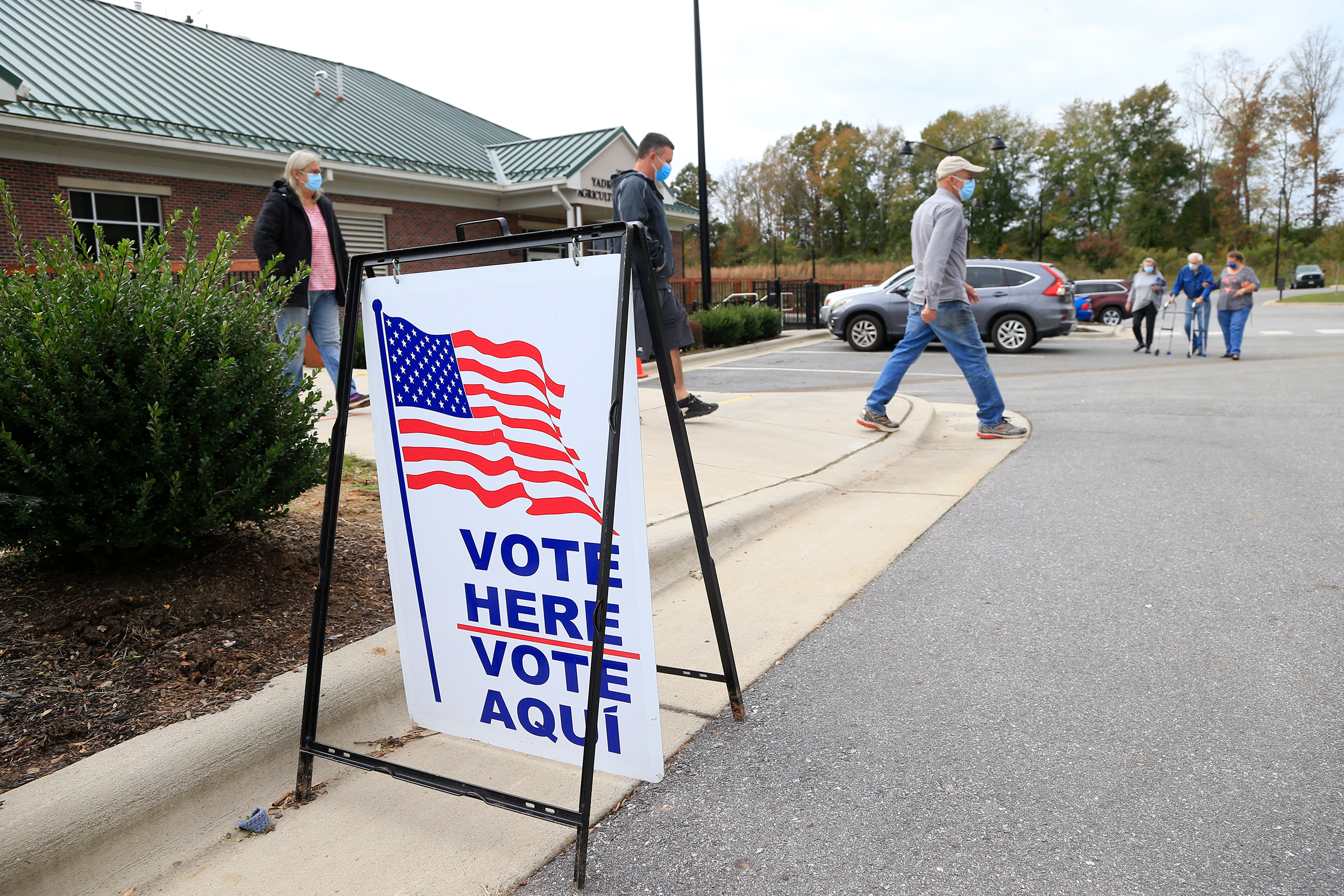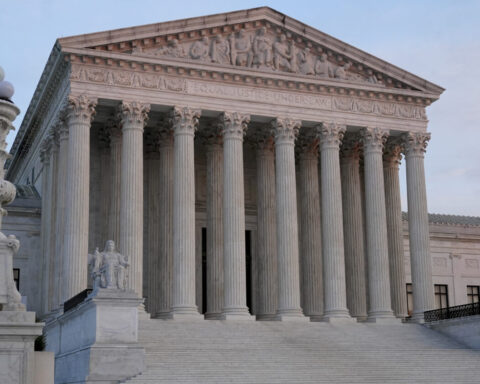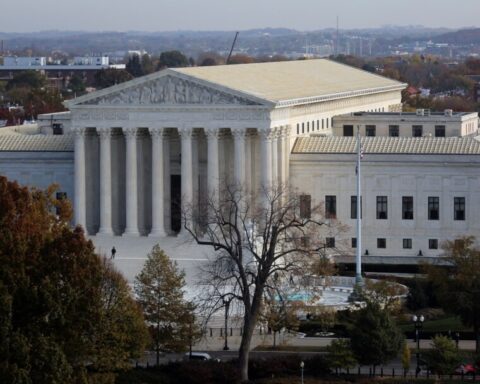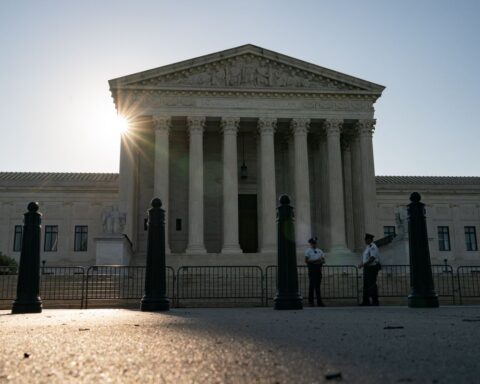The Supreme Court said Wednesday that it will hear a case brought by Republican legislators in North Carolina who are seeking to defend the state’s strict voter ID law because they think the Democratic state attorney general is not adequately representing their interests.
North Carolina Senate Bill 824 requires a photo ID to vote. It was immediately challenged by the North Carolina State Conference of the NAACP, which argues that the law disproportionately impacts African American and Latino voters.
The dispute raises questions about who can act as an agent of the state to defend a law in a divided government.
The Republican politicians, Philip Berger, the president pro tempore of the state Senate and Timothy Moore, the speaker of the state House of Representatives, seek the right to intervene to defend the law. They argued in court papers that the case raises issues that are of “particular importance in the context of divided government and litigation involving controversial matters.”
North Carolina Attorney General Joshua Stein had urged the justices to reject the petition noting that the state is “already actively defending the challenged law.”
A district court ruled against Berger and Moore, holding that they could not show that their interests weren’t being adequately represented. A federal appeals court initially ruled in favor of the legislators, but then a larger panel of judges on the same court reversed the ruling.
North Carolina has long been the site of pitched legal battles over voting rights. However, in this latest case, the Supreme Court is unlikely to weigh in on ballot access questions the broader lawsuit poses, according to Rick Hasen, professor of law and political science at the University of California, Irvine.
“This case is really about who gets to defend the law,” Hasen said. “This is a fairly common pattern of disputes that we’re seeing now in states where the executive branch is controlled by Democrats and the legislative branch is controlled by Republicans. And so you have a Democratic attorney general, a Democratic governor who want to take one position on the state’s vote ID law and a state legislature that wants to take another, and the question is really: who gets to defend the law?”
Voting rights is a common source of these legal disputes between state legislatures and executive branches controlled by opposing parties, but it is not the only policy issue where these disagreements arise. How the justices handle the North Carolina case will shape how those kinds of disputes are dealt with in the future, Hasen said.
A similar issue arose in the litigation over a 2013 North Carolina omnibus voter restriction measure, which included a voter ID provision akin to the law being challenged now. An appeals court struck down the law in 2016, concluding that it discriminated against minority voters “with almost surgical precision.” The state — under then-Gov. Pat McCrory, a Republican who lost the governorship in that year’s election — appealed to the case to the Supreme Court, only for McCrory’s successor, Democratic Gov. Roy Cooper, along with the newly-elected Stein, to seek to withdraw the appeal the following February. Months later, the Supreme Court declined a request from the state’s GOP legislators to review the case. Chief Justice John Roberts at the time stressed in a statement that court’s decision not to intervene in that dispute should not be considered an expression of the justices’ views on the merits of the case.
The case is expected to be argued and decided by next June.







